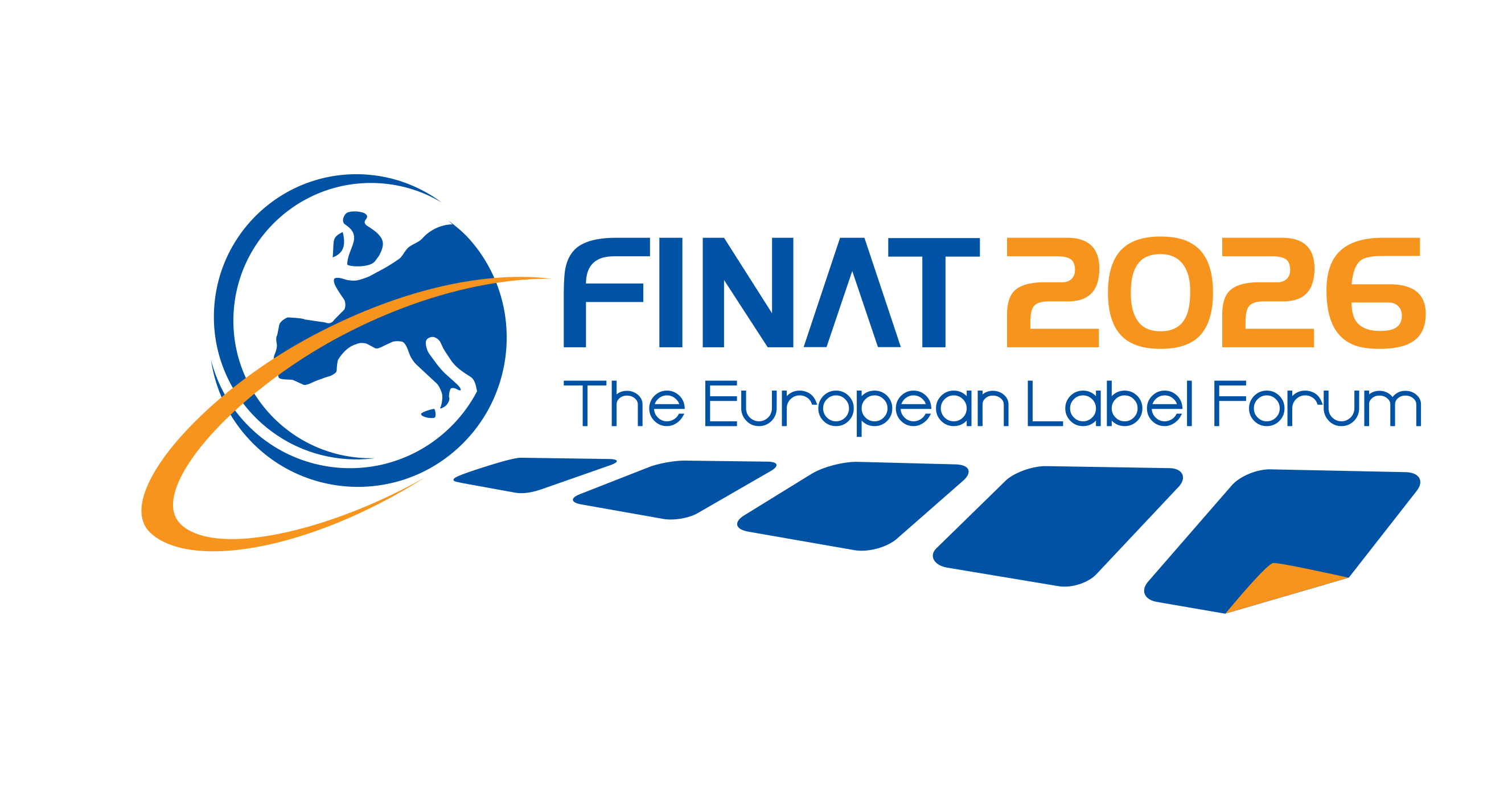The European self-adhesive market continues to experience unforeseen challenges in terms of demand as it enters 2023. In 2022, the label market experienced strong demand in the year’s first half. In contrast, after the third quarter, the overall label demand started to weaken due to various supply challenges across all labeling technologies. In the first half of the year, some of the biggest concerns for the label industry was a strike called by the Finnish Paperworkers’ Union and dealing with the repercussion of Russia’s invasion of Ukraine. Furthermore, the increasing pressure from rising inflation remained high, while a gradual resolution of supply-demand imbalances was forecasted sometime in the second half to ease price pressures. In Q3, the global economic outlook started to soften for the world economy as some significant economies fell into recession while others narrowly avoided one. Inflationary pressures were broadening beyond food and energy to almost every sector of the economy, with businesses passing through higher energy, transportation, and labour costs.
Jules Lejeune, in his 26th year as Managing Director of FINAT, will present his annual overview of the European labelstock market statistics and compare this with market data about adjacent sectors in the European packaging industry. Followed by an industry panel to provide our audience with a wider European packaging perspective. The cross-industry panel consists of Andreas Koppitz, CEO Pharma and Healthcare at MM Group Mayr-Melnhof Packaging, and Juan Luis Martinez Arteaga, adapa Group. They will reflect on the rapidly changing political, legislative, economic, consumer and business landscape and the role of packaging as a critical enabler in European regions and societies.
Arteaga: 'Sustainability and especially the plastic discussion is bringing an exciting moment to our society and to the packaging industry. The global plastic discussion has brought a positive change and innovations to the packaging branch. It is an important step for our environment that a rather conservative sector is moving towards new and sustainable solutions. Due to climate change, the issue of plastic packaging has gained political interest. The very strong political intervention in this issue - such as through the EU Green Deal, the CEAP for packaging or upcoming PPWR targets - allows the plastics industry to explore new avenues that have never been tried before.
Flexible packaging is very often the better packaging when measured against product's carbon footprint, a commonly used KPI compared to rigid single-use packaging. In any case, flexible packaging is an indispensable part of the supply chain.
SAVE FOOD is the positive impact of food protection packaging. Our products protect and extend the shelf life of many goods and foods. Adaptable packaging solutions therefore make an contribution to reducing food waste in general. It is important for our industry that we prepare better information for consumers about the importance and positive impact of packaging. In particular about the benefits of adaptive packaging compared to other types of packaging.'
Make sure to attend this panel and register today for the FINAT European Label Forum in June 2023.
